Восхищение – Admiration
Что вы думаете о «восхищении»? Это положительная или отрицательная идея для вас?
Вот несколько поговорок и один стихотворение о восхищении.
What do you think about «admiration»? Is this a positive or a negative idea for you?
Here are a few Russian sayings and a poem about admiration, translated into English. Food for thought.
Восхищение – самый деликатный способ признать чьё-то сходство с нами самими. / Admiration is the most delicate way to recognize someone’s resemblance to ourselves.
Трудно считать дураком человека, который восхищается нами. / It is difficult to consider a person a fool, who admires us.
Всякий глупец найдет ещё большего глупца, который станет им восторгаться. / Every fool will find an even greater fool who will admire him.
Он утонул в океане всеобщего восхищения. / He drowned in the ocean of universal admiration.
Есть больше поводов восхищаться людьми, чем презирать их. / There are more reasons to admire people than to despise them.
Мужчины обожают, когда их слушают и ими восхищаются. / Men love to be listened to and admired.
Если жена восхищается мужем, значит, медовый месяц ещё не закончился. / If a wife admires her husband, then the honeymoon is not over yet.
Ничем так не восхищаются в политике, как короткой памятью. / Nothing is more admired in politics than a short memory.
Можно восхищаться древностью, но следовать нужно современности. / You can admire the antiquity, but you need to follow the present.
Николай Асеев: «Пятое десятилетие»
Я
не слагатель
од благолепных
и в одописцы
не тщился попасть…
Но как обойтись
без светлых,
хвалебных
про родную
Советскую власть!
Когда за рубеж
Советской державы
отъедешь
на добрую тысячу вёрст,
то свет её разума,
блеск её славы
словно тебе
прибавляет рост.
Ты видишь размах
её творчества,
силы,
её человечность
и доброту,
которые миру
она возвестила,
поднявшись
в заоблачную высоту.
И хочется радоваться
и восхищаться
тем,
что ты дожил
до этих лет,
до чувств,
которым в груди не вмещаться,
до дня,
который ещё не воспет!
Волненья времён
разойдутся круги,
история
выдаст достойнейшим лавры,
и вымрут на свете
наши враги,
как ископаемые
ихтиозавры.
А наших героев простых
имена,
страной возвеличенные
сердечно,
будут сиять
во все времена,
останутся жить
в человечестве
вечно.
Nikolay Aseyev: «The Fifth Decade»
I am
not a compiler
of the splendid
and to go for odes
I did not bother …
But how to get by
without bright
admiration
for our native
Soviet power!
When you travel abroad
a good thousand werst
away from Soviet power,
then the clarity of its common sense,
the brilliance of its glory
virtually adds
to your growth.
You see the scope
of its creativity,
strength,
humanity
and kindness,
which it announced
to the world,
rising skyhigh.
And wanting to be happy
and admire
those
that have lived
up to these years,
and the feelings
which cannot fit into the chest,
until the day
which has not been lauded yet!
Troubles of times,
circles break up,
history
will give admiration to the most worthy,
and in the world
our enemies will die
like old fossile
ichthyosaurs.
And our common heroes’
names,
exalted by the country
heartily,
will shine
at all times,
stay alive
in humanity
forever.
Николай Николаевич Асеев (1889 – 1963) — русский поэт, переводчик и сценарист, деятель русского футуризма. Член союза «Председателей земного шара».
Nikolay Nikolayevich Aseyev (1889 – 1963) was a Russian poet, translator and screenwriter, a leader of Russian Futurism and a member of the Union of the «Chairmen of the Globe».
Автор произведений на революционную тематику: поэма «Свердловская буря» (1924), «Семён Проскаков» (1928), стихи о революционерах («Синие гусары», 1926, «Чернышевский», 1929), «Поэма о двадцати шести бакинских комиссарах». Опубликовал за свою жизнь около 80 стихотворных сборников. Переводил стихи Мао Цзэдуна.
Не is the author of works on revolutionary themes: the poem «Sverdlovsk Storm» (1924), «Semyon Proskakov» (1928), poems about revolutionaries («Blue Hussars», 1926, «Chernyshevsky», 1929), «Poem about twenty-six Baku commissars». During his life, he published about 80 collections of poems and translated poems by Mao Zedong from Chinese into Russian.
Награды и премии:
Орден Ленина (1939)
Сталинская премия (1941)
Орден Трудового Красного Знамени (1959)
Awards and prizes:
Order of Lenin (1939)
Stalin Prize (1941)
Order of the Red Banner of Labour (1959)

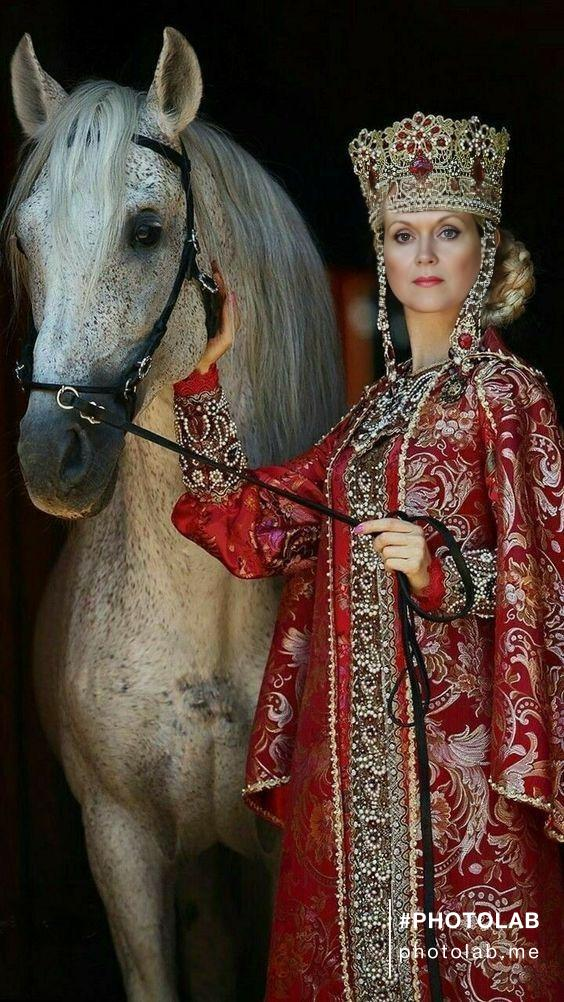
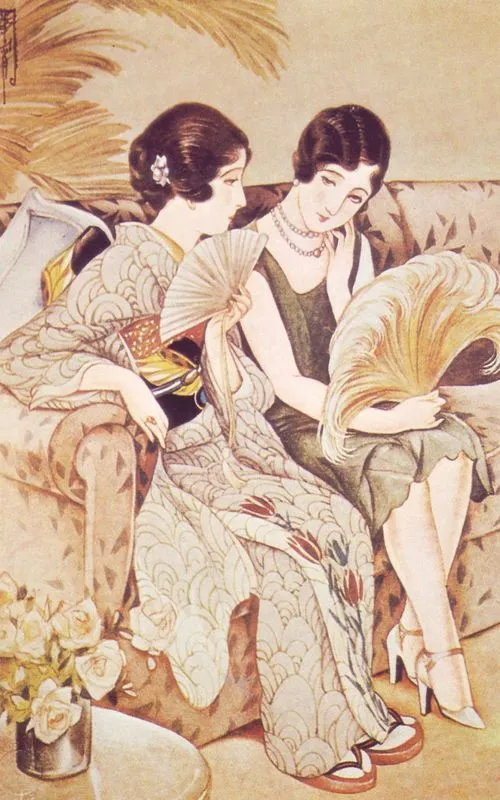

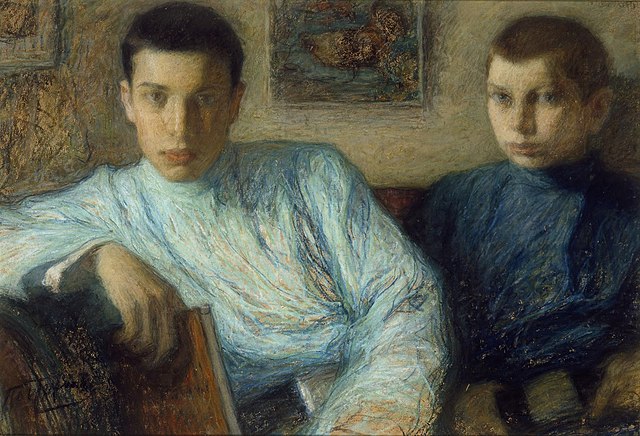
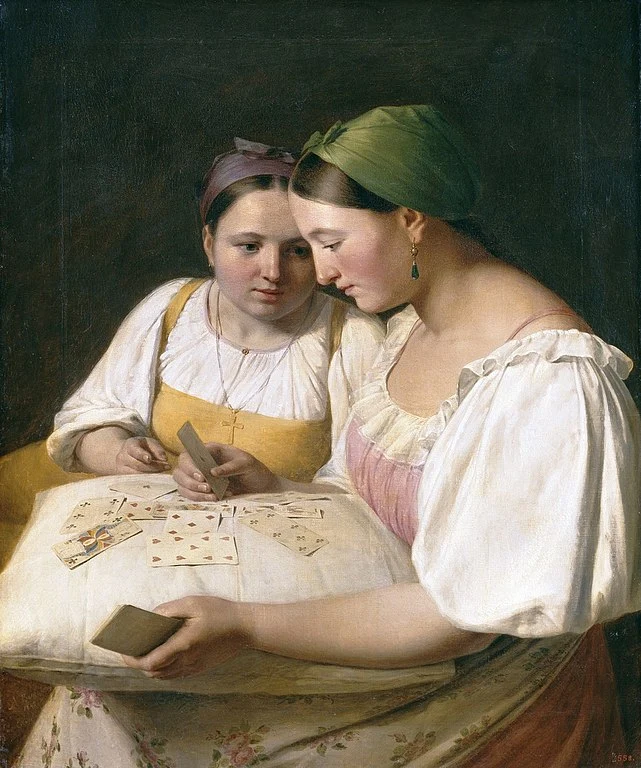
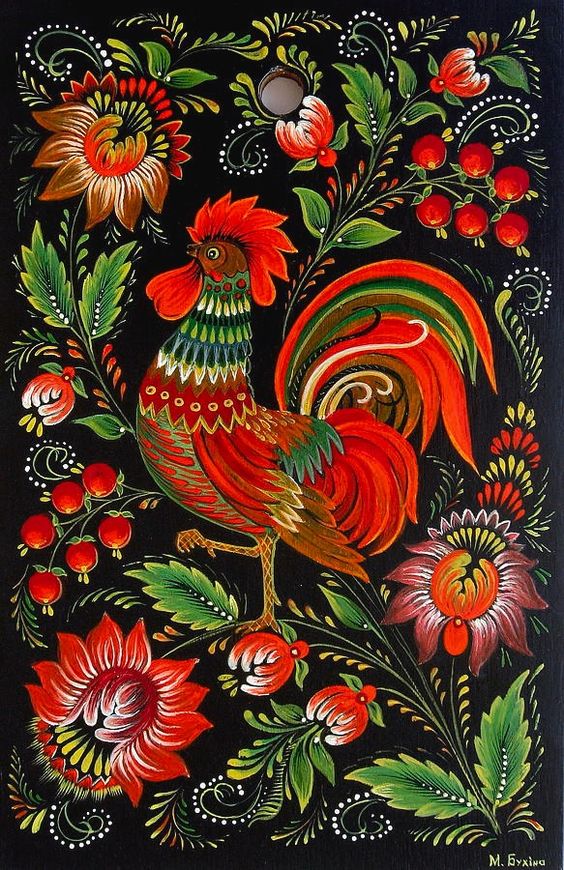

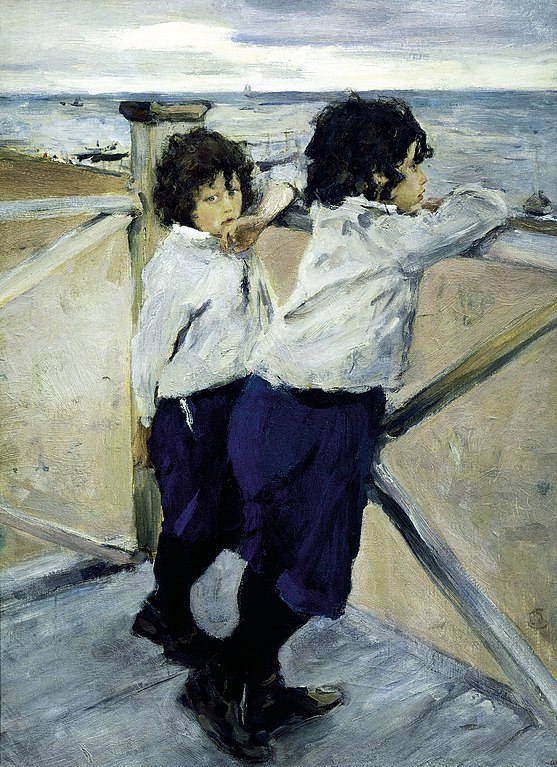
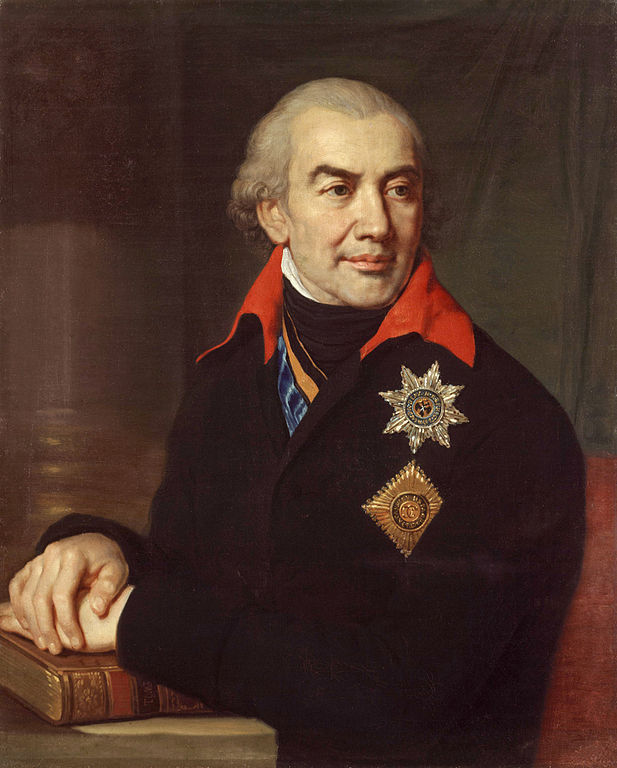
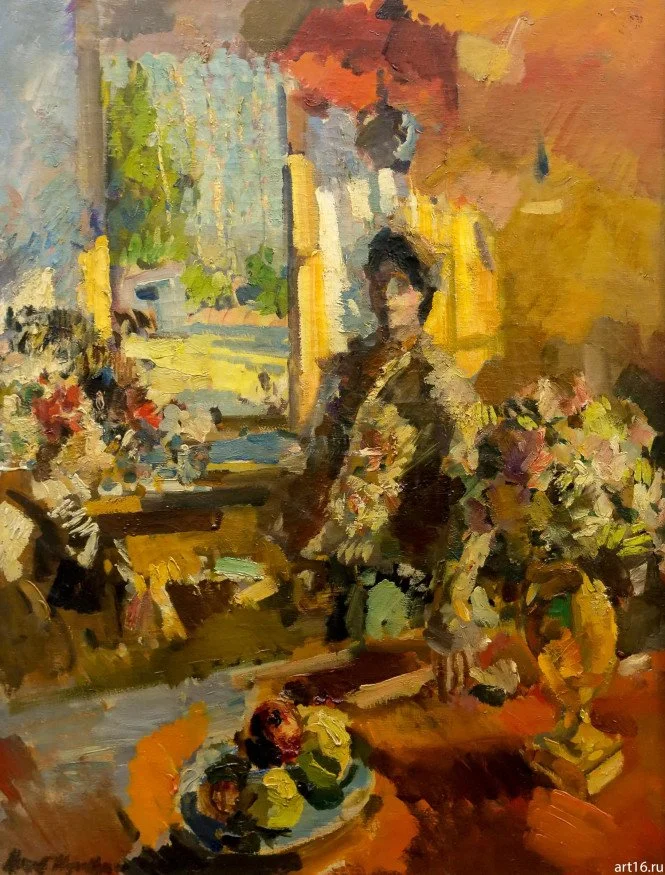
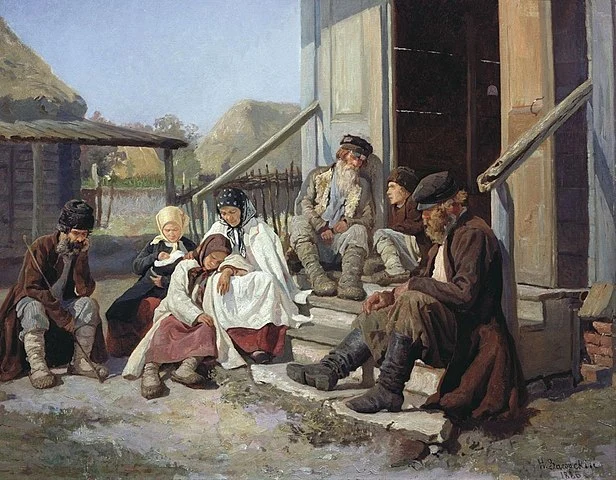
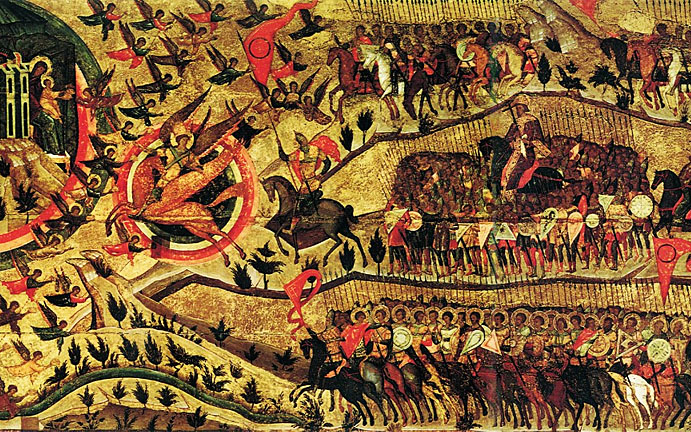
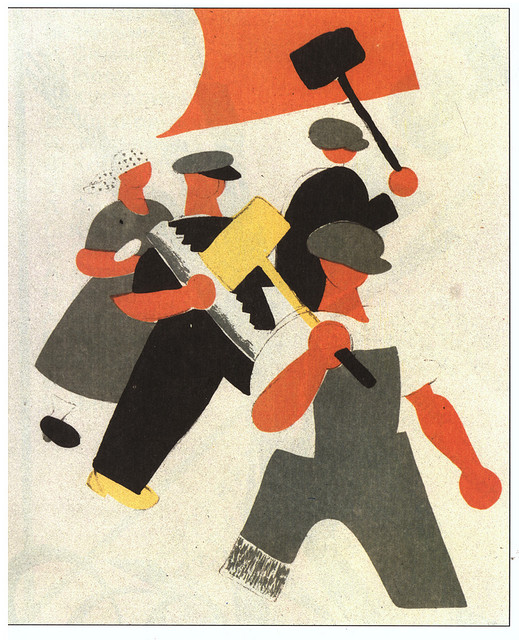
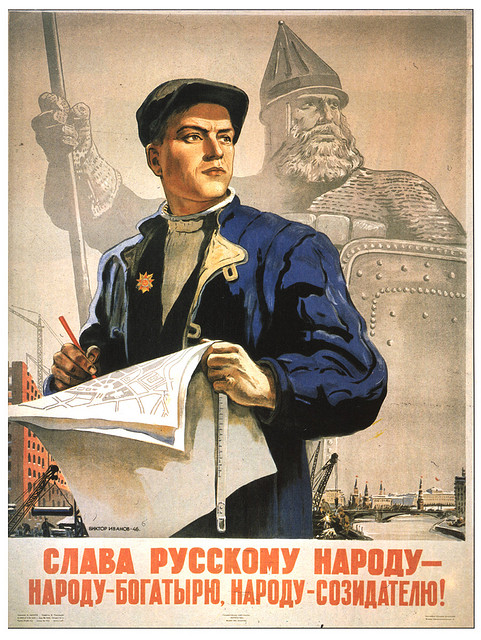
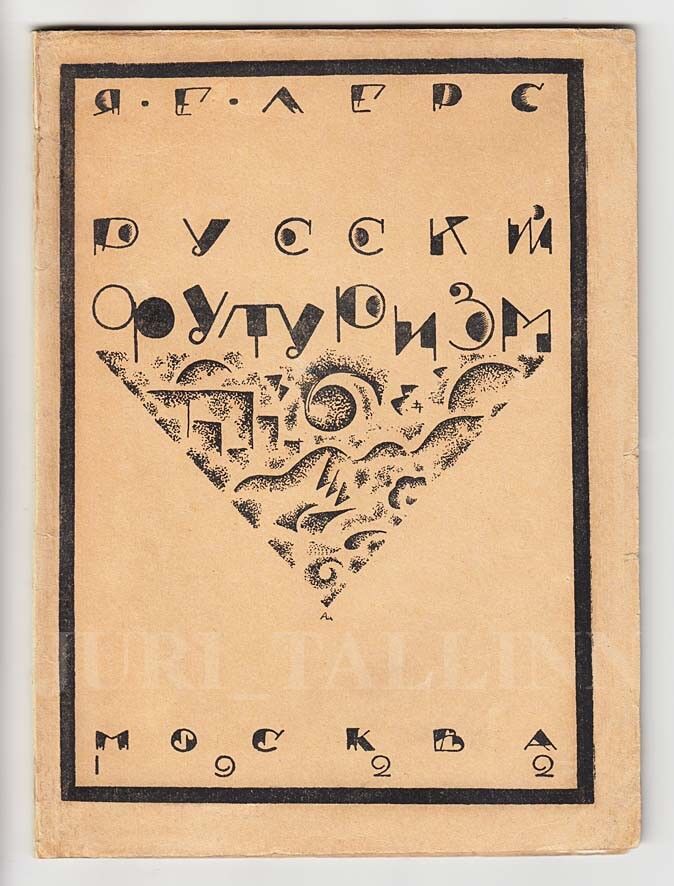
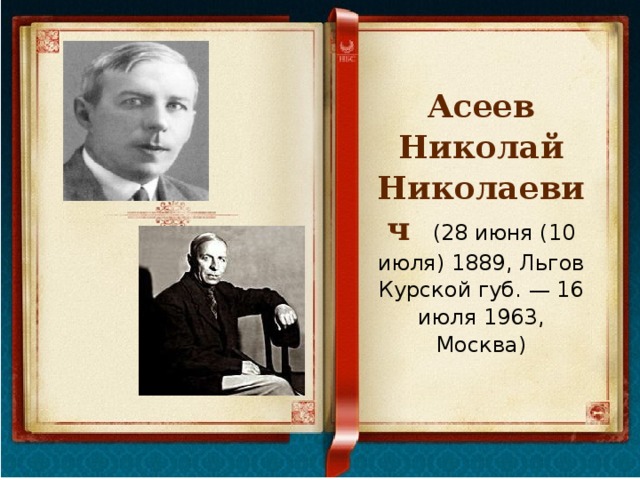
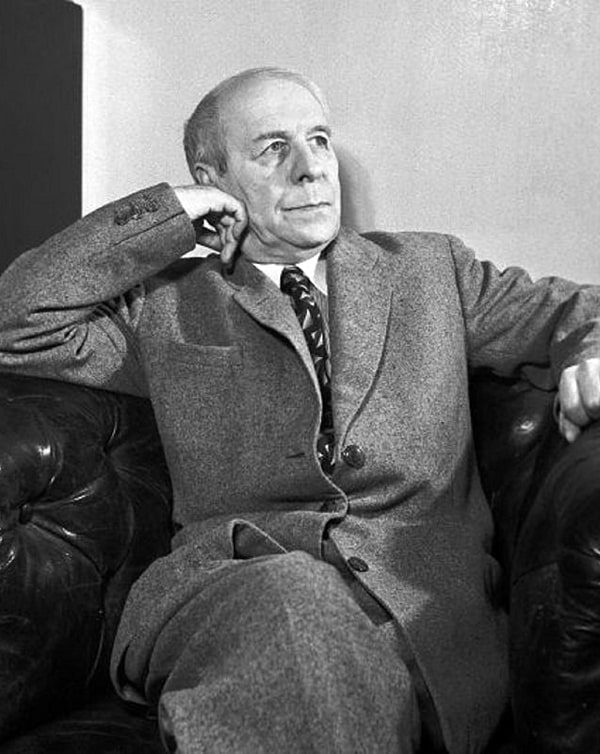
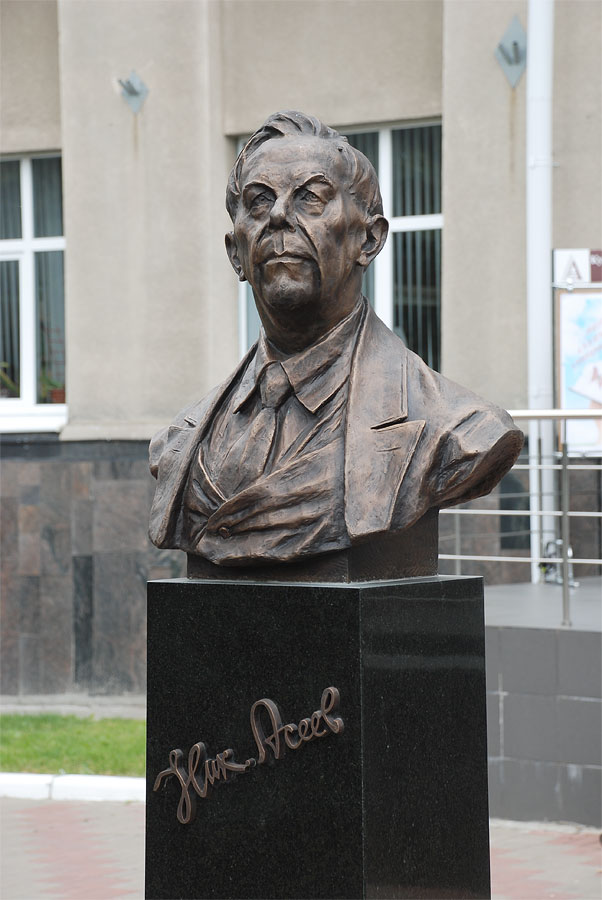
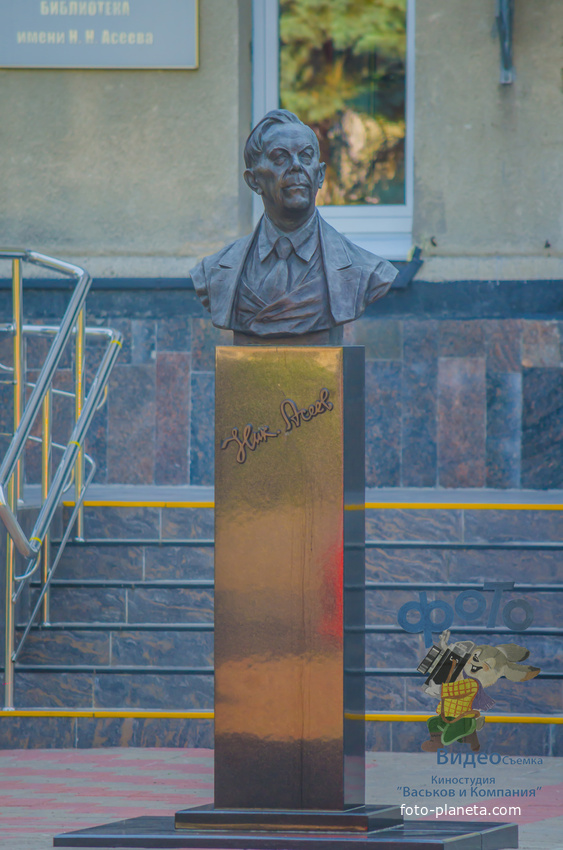
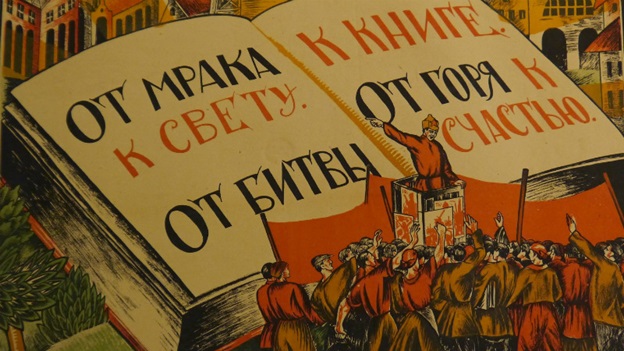
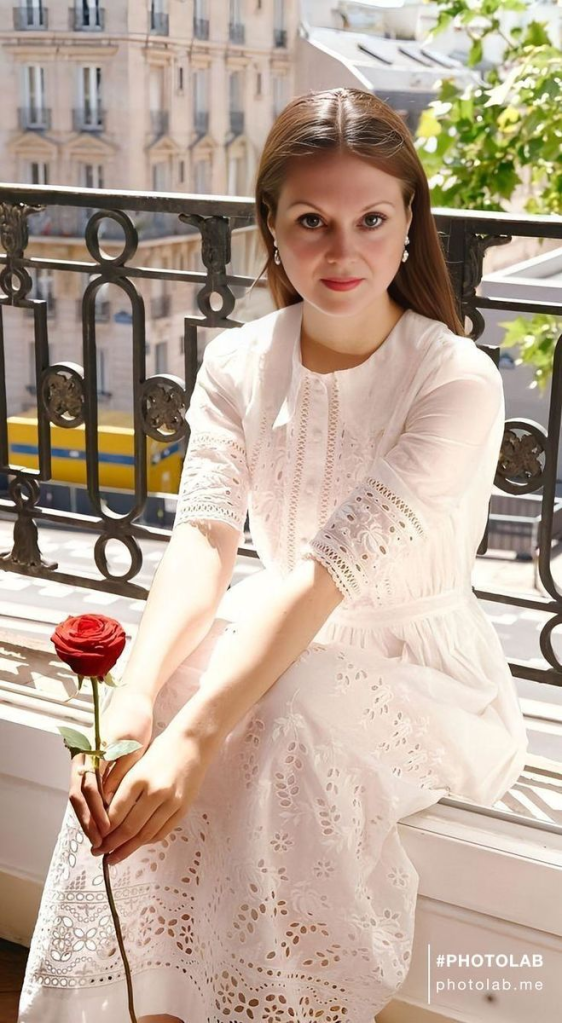





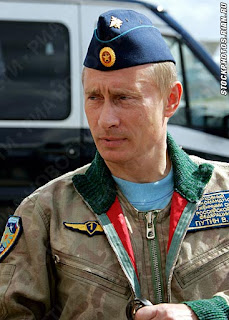









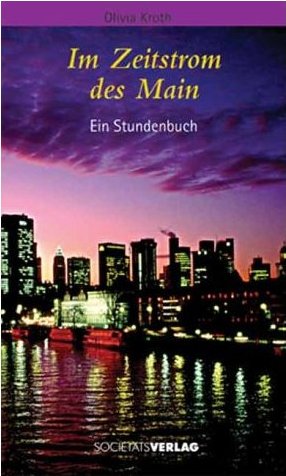


_REFON.jpg/270px-Ip%C3%AA_(Avar%C3%A9)_REFON.jpg)

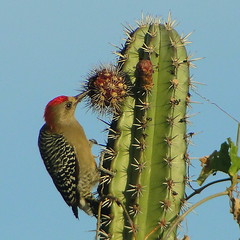
Cómo no admirar una imagen como esta? Saludos.
Me gustaLe gusta a 2 personas
Gracias y saludos, Profe.
Me gustaLe gusta a 3 personas
Magnifiques tableaux et peintures !
Je vous souhaite une douce soirée, chère Olivia.
Me gustaLe gusta a 2 personas
Merci, chère Roberte,
une douce soirée à vous aussi.
Me gustaLe gusta a 3 personas
Questa è la foto migliore. Semplice e naturale.
Me gustaLe gusta a 7 personas
Спасибо zipgong
«O вкусах не спорят.»
Grazie zipgong
«Sui gusti non si discute.»
Me gustaLe gusta a 3 personas
Olivia, I say hello for a little time.
Me gustaLe gusta a 2 personas
Bonjour sherazade
Me gustaLe gusta a 2 personas